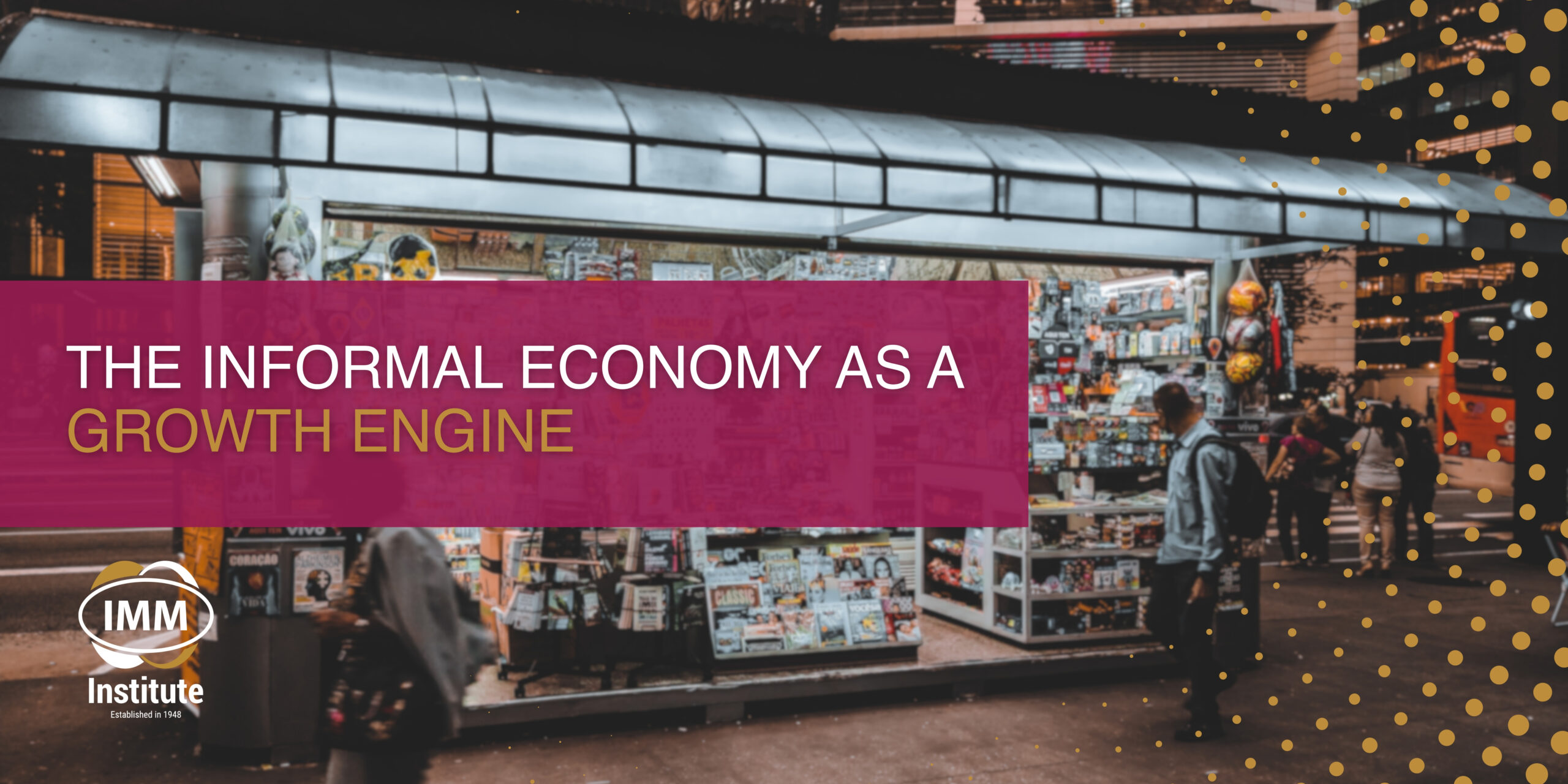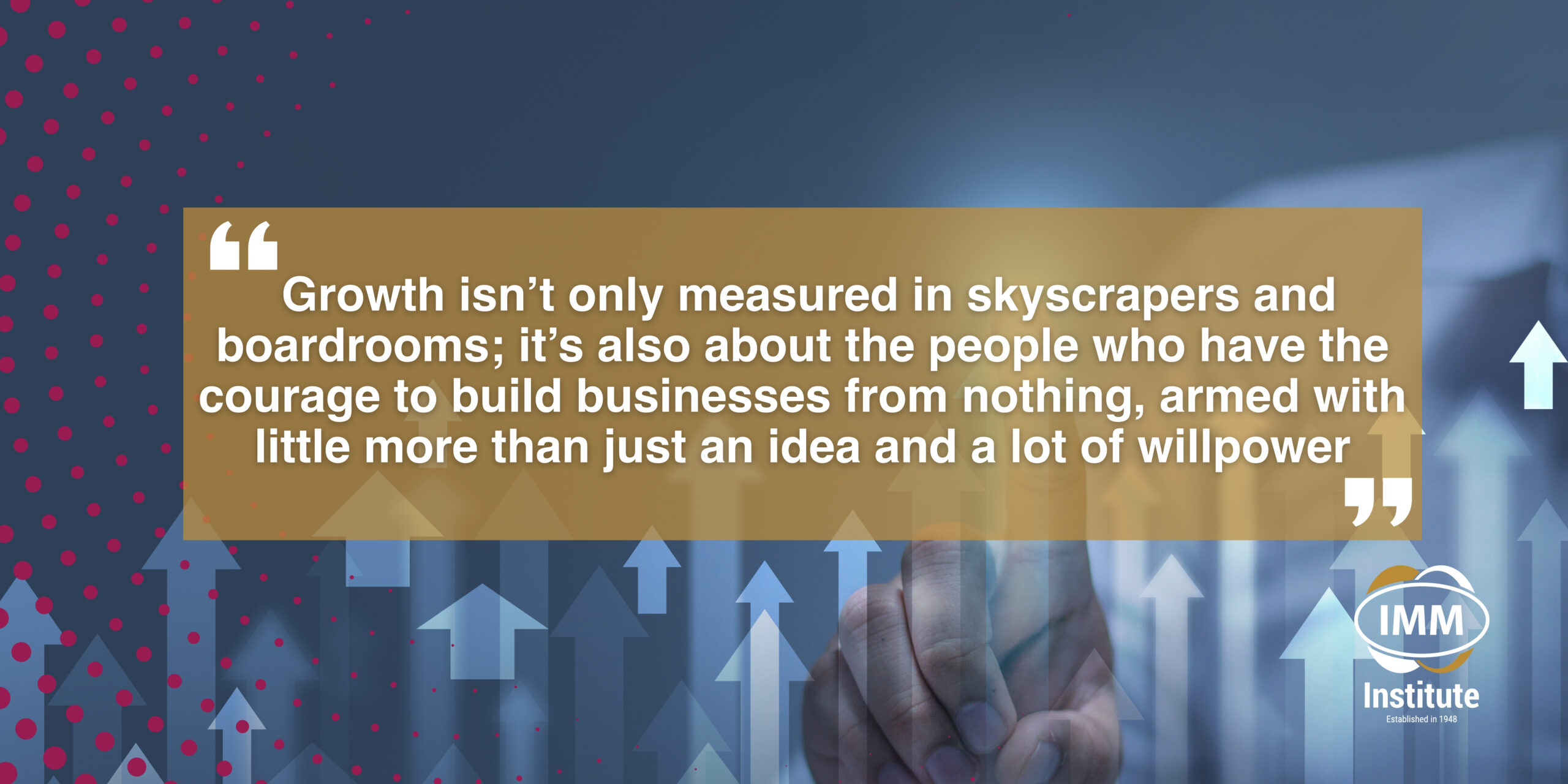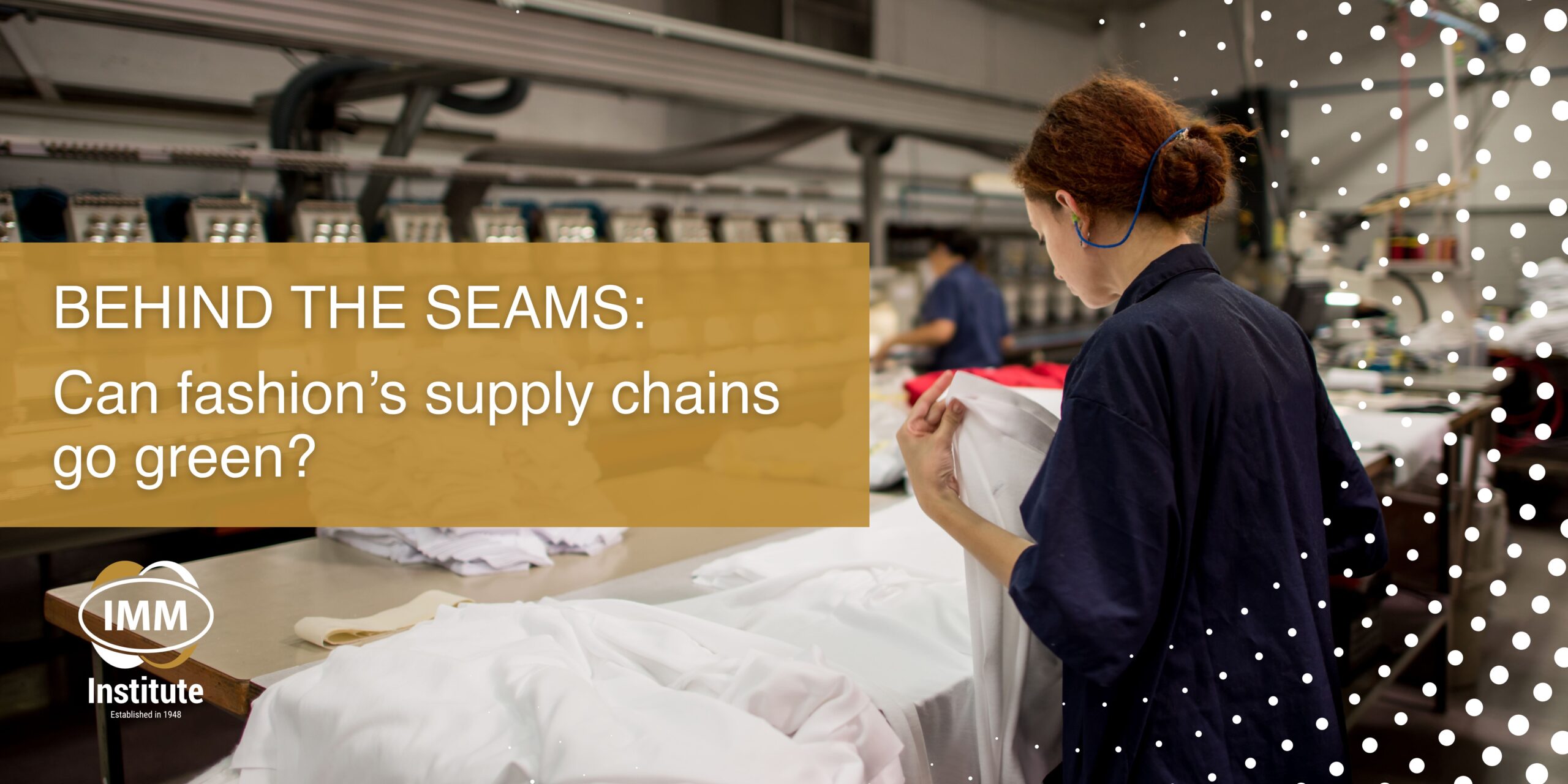
The informal economy as a growth engine
Economic growth is often linked to big business, government policy, or foreign investment, yet its real impact is felt by local consumers. Beyond the formal economy, the informal sector powers communities. From spaza shops to car washes, the countless micro-enterprises fuel livelihoods across South African townships and cities.
To many people, these businesses are more than just places to buy bread or get a haircut: they are survival strategies, cultural hubs, and a testing ground for a grassroots-based innovation. While their impact is more conscious and explicit, many of these activities do not really get recorded in national GDP statistics.

A different kind of entrepreneurship
Many township entrepreneurs start with what little they have: a wooden stall, a second-hand fridge, or even just a patch of pavement. Their success depends on resilience, resourcefulness, and the ability to read community needs in real time. If the demand for kota sandwiches spikes on a school day, they adapt. If the power goes out, they find a way to keep trading.
This agility makes the informal economy a driver for practical innovation. Mobile money services, for example, gained traction precisely because informal traders needed quick, low-cost payment methods when customers didn’t have cash.
A community multiplier
What’s often overlooked is the ripple effect of these microbusinesses. A single spaza shop can employ two or three assistants, buy stock from local suppliers, and offer informal credit to neighbours. The money circulates within the community rather than being diverted elsewhere.
In many cases, these businesses also nurture social capital. The local barber knows everyone’s story. The woman who sells vegetables becomes a trusted part of family routines. This blend of commerce and community creates a support network that the formal economy rarely replicates.

Challenges and possibilities
Of course, township businesses face certain hurdles – from lack of access to finance and training to crime and infrastructural shortages. Countless entrepreneurs stay stuck in informality. Red tape and costs make formalisation feel impossible.
The gap between informal and formal turns potential into missed opportunity. Collaborations with major retailers, access to micro-financing, and business skills training can open growth opportunities for township entrepreneurs – without compromising their homegrown identity. Marketers and business leaders must see the informal economy not as side activity, but as a thriving growth engine demanding attention.
Turning hustle into lasting growth
In the informal economy, success often hinges on selling skills – but selling is one thing, moving product another. Selling builds trust. By understanding customer needs, it forges relationships that extend beyond the transaction, turning buyers into loyal supporters.
Hence why courses such as The Art of Selling Online Short Course offered by the IMM Institute are of great benefit. The course is for aspiring sales professionals, entrepreneurs, and marketers and provides real practical tools with which to understand the sales cycle, encourage buying behaviour, and communicate with customers using modern techniques.
Sharpening these skills can be the difference between scraping by and building a business that serves the community – whether for a spaza operator, street vendor, or any aspiring entrepreneur. If the informal economy is South Africa’s secret growth engine, then mastering the selling art is the set of adrenaline blood behind it.

Looking ahead
One cannot ignore the informal sector as South Africa attempts to curb unemployment and inequality. This is where many authentic innovations are taking place – in the hustle of a street vendor and the grit of a micro-entrepreneur. Growth isn’t only measured in skyscrapers and boardrooms; it’s also about the people who have the courage to build businesses from nothing, armed with little more than just an idea and a lot of willpower.















